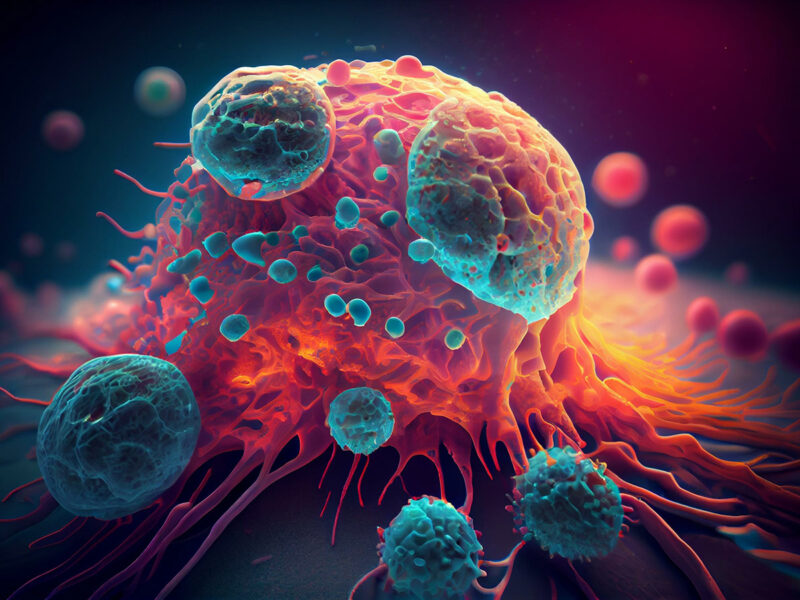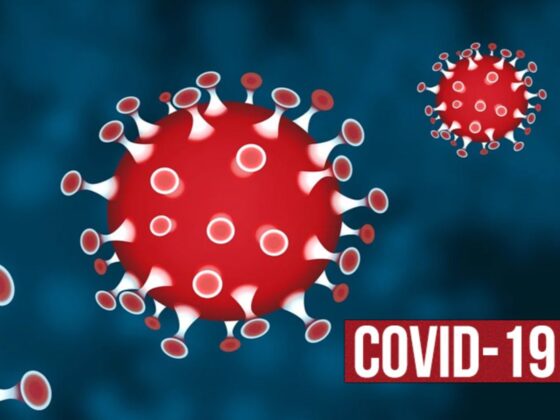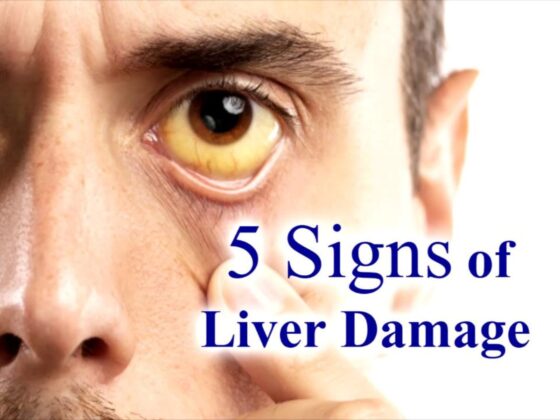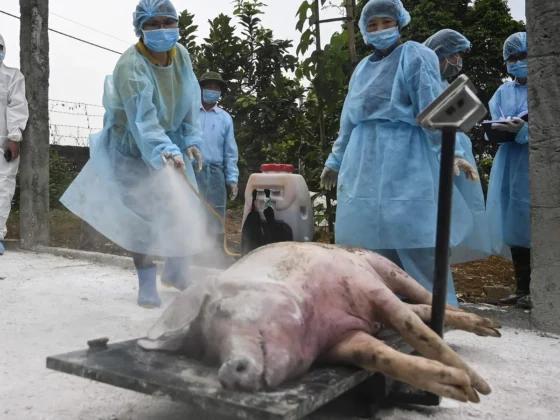New Delhi, 30 December 2024: A registered dietitian Nichole Andrews, who specializes in oncology nutrition, highlighted two specific foods—alcohol and processed meats—as being directly associated with an increased risk of cancer. Contrary to common belief, she emphasized that sugar, when consumed in moderation, does not directly cause or exacerbate cancer.
Alcohol and Cancer Risk
Andrews explained that alcohol consumption is linked to several types of cancer, including breast, mouth, throat, esophageal, and colon cancers. She noted that alcohol metabolizes into acetaldehyde, a known carcinogen that can damage DNA, thereby increasing cancer risk. This metabolic process underscores the importance of moderating alcohol intake to reduce potential health hazards.
Processed Meats and Colorectal Cancer
Processed meats—such as ham, salami, bacon, and sausages—are associated with a heightened risk of colorectal cancer. Andrews pointed out that these meats contain harmful compounds like nitrites and N-nitroso compounds, which can elevate cancer risk. Additionally, the high-temperature cooking methods often used in processing these meats can produce carcinogenic substances, further contributing to their potential danger.
The Role of Sugar Clarified
Addressing common misconceptions, Andrews clarified that sugar itself does not directly cause cancer or accelerate its growth. She explained that while a diet high in sugar can lead to excess calorie intake and weight gain, it is the resulting fat tissue that increases cancer risk. Obesity is linked to 13 different types of cancer, making weight management a crucial factor in cancer prevention.
Expert Recommendations
Health experts recommend limiting the intake of alcohol and processed meats to reduce cancer risk. Instead, they advocate for a balanced diet rich in fruits, vegetables, whole grains, and lean proteins. Maintaining a healthy weight through proper nutrition and regular physical activity is also emphasized as a key strategy in cancer prevention.
In summary, while sugar has often been vilified in discussions about cancer, current evidence suggests that moderation is key, and the focus should be on reducing the consumption of alcohol and processed meats to lower cancer risk.











